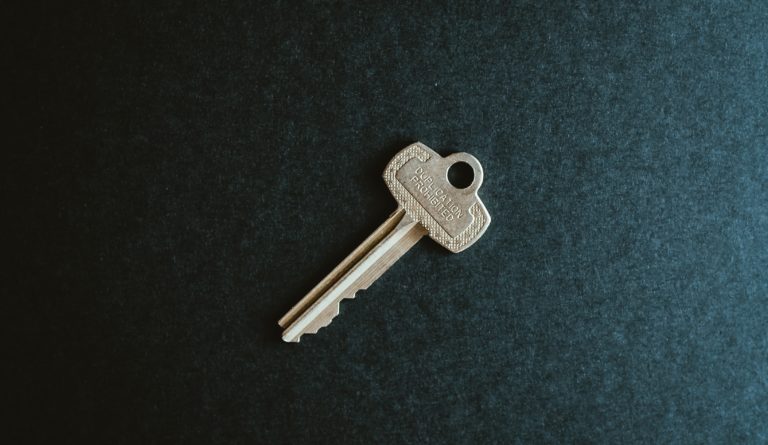
How Do I Hire an Elder Law Attorney?
Elder law attorneys are lawyers who assist the elderly and their family members, and caregivers with legal questions and planning related to aging.
These attorneys frequently are called upon to assist with tax planning, disability planning, probate and the administration of an estate, nursing home placement, as well as a host of other legal issues, says Forbes’ recent article entitled “Hiring An Elder Law Attorney.”
In addition, there are some elder law attorneys who have the designation of Certified Elder Law Attorney (CELA), a certification issued by the National Elder Law Foundation. A Certified Elder Law Attorney must meet licensing and other requirements, including specific experience in elder law matters and continuing education in elder law. However, note that an elder law attorney does not need to have the CELA certification to be an experienced elder law attorney.
There are many elder law attorneys who specialize in Medicaid planning to help protect a senior’s financial assets, if they suffer from dementia or another debilitating illness that may require long-term care. Elder law attorneys also prepare estate documents, such as a durable power of attorney for health and medical needs and a living will. As you age, the legal issues that you, your spouse, and/or your family caregivers must address can also change.
If you are a senior, then you should have durable powers of attorney for financial and health needs, in the event that you or your spouse becomes incapacitated. You might also need an elder law attorney to help you transfer assets if you or your spouse move into a nursing home to avoid spending your life savings on long-term care.
Healthy people over 65 are in the best spot to do more than having estate planning documents prepared. That’s because they have the opportunity to develop a holistic strategy beyond the legal documents. This can give assurances that the family members and professionals they’ve assembled understand the principle of supported decision-making and how it will be implemented.
For example, an elder law attorney may focus on finding the least restrictive residential environment and making other health care and financial choices. An elder law attorney can also protect seniors with diminished capacity, who are being victimized by personal and financial exploitation.
An initial consultation with an elder law attorney will help determine the types of legal services they can offer, and the fees associated with these services.
Reference: Forbes (Oct. 4, 2021) “Hiring an Elder Law Attorney”









